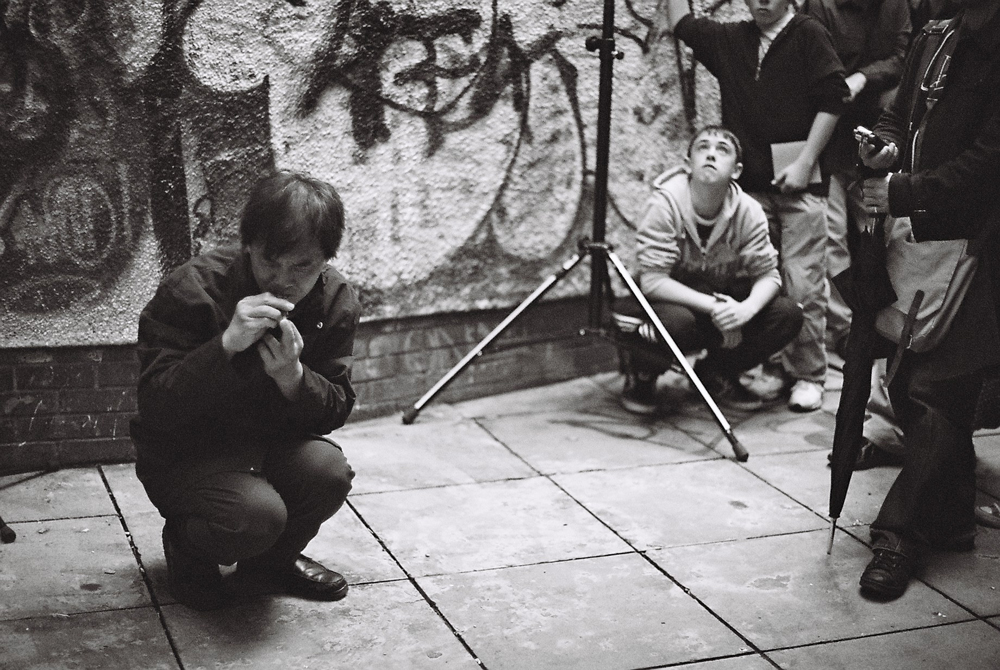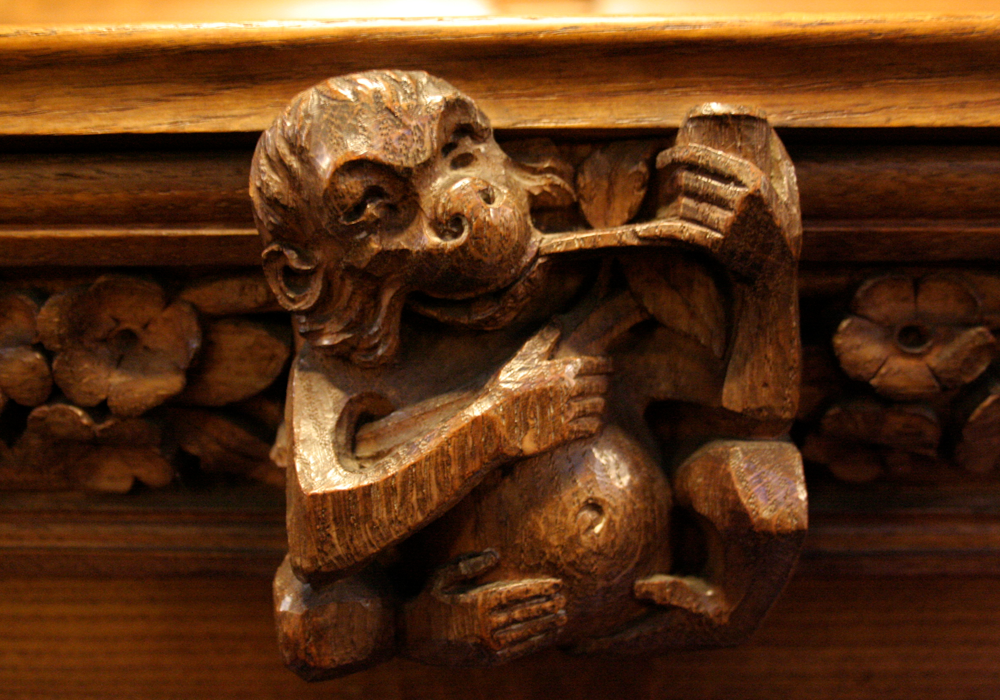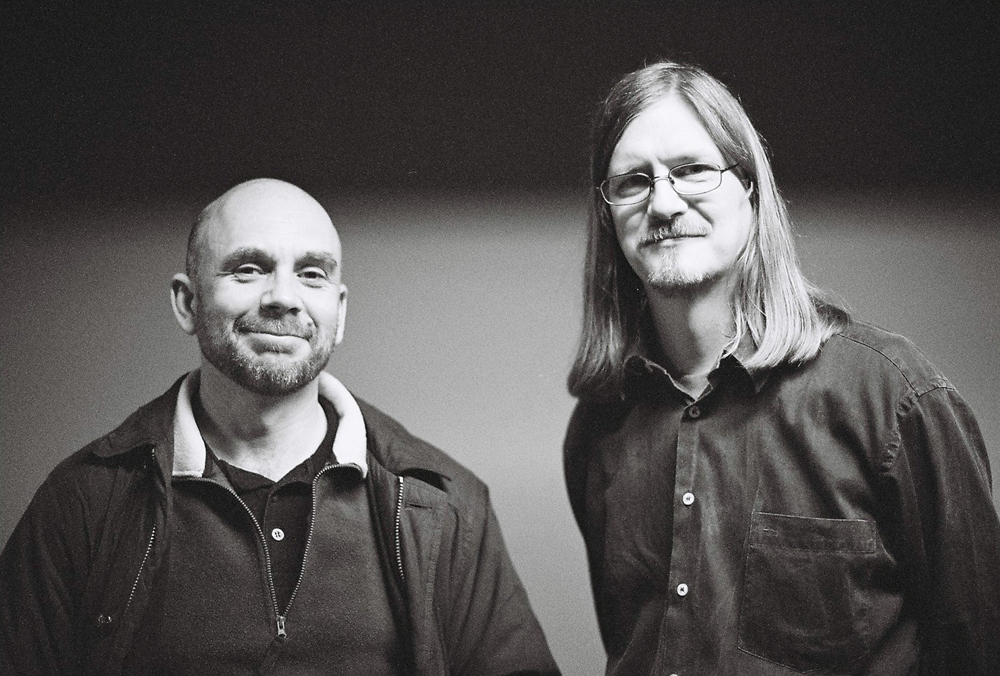
Shadowed Spaces Dundee
Ikuro Takahashi Sean Meehan Tamio Shiraishi Denis Wood
Location: between: the abandoned site of Parker House (ex-council office building) that became a student accommodation regeneration project, off the Dudhope roundabout; Bell Street Car Park entrance ramp and; the awkward (and otherwise used/ used otherwise) space left over between the back of Tesco’s and DW Sports on the Murraygate.












